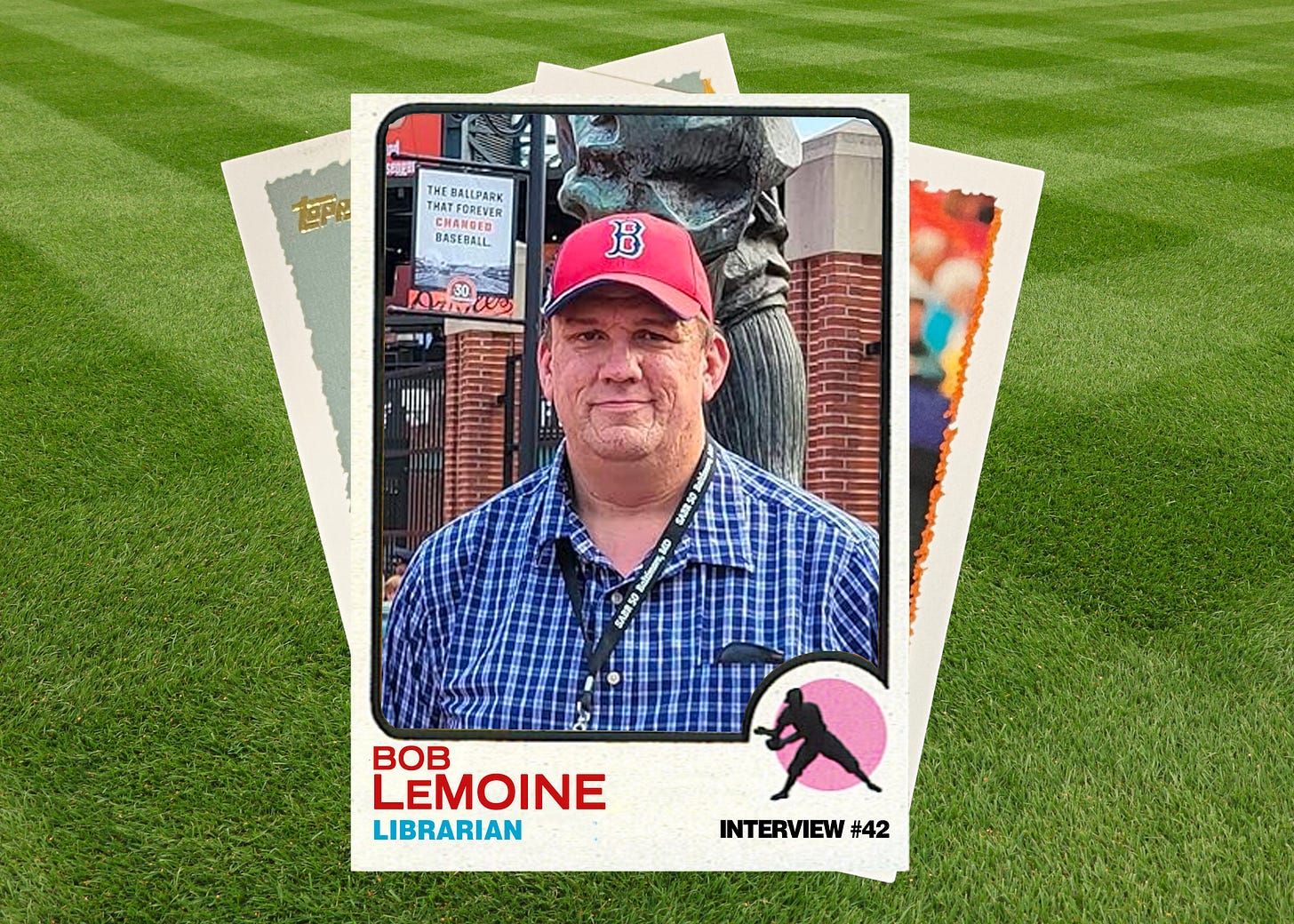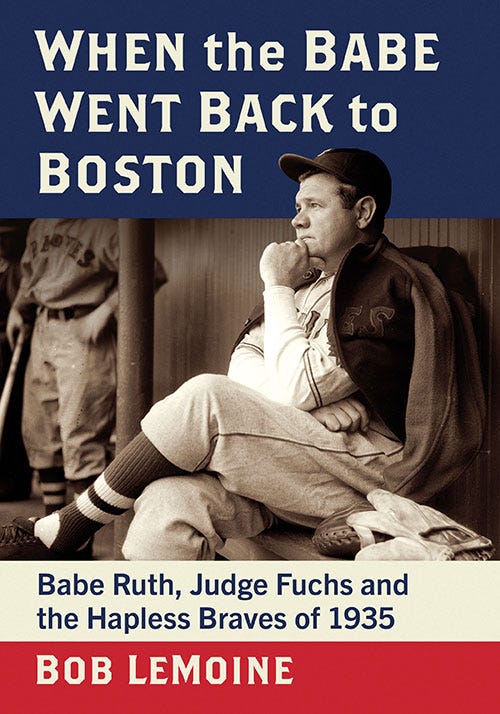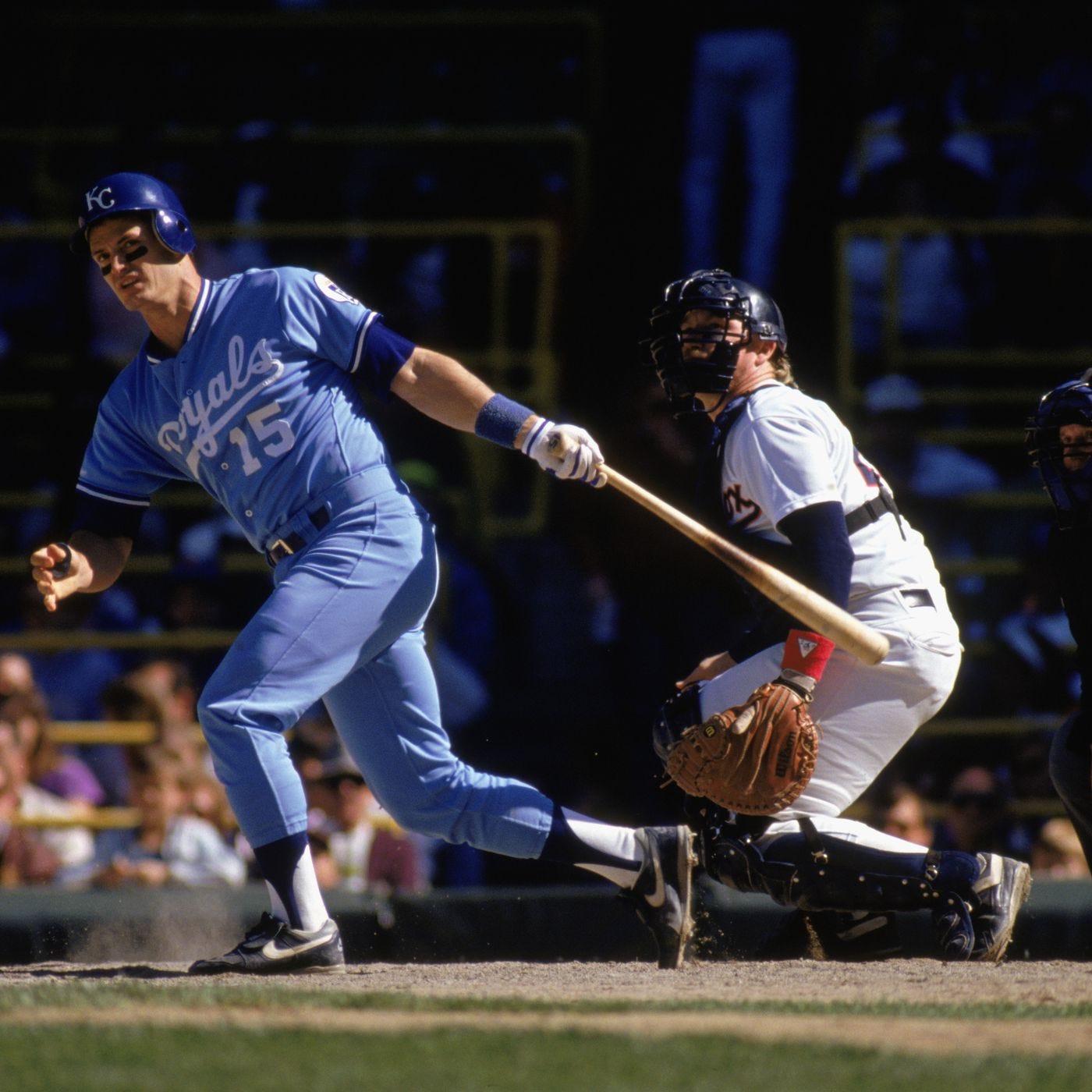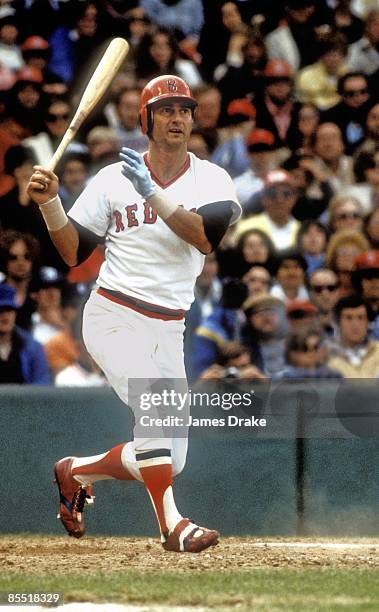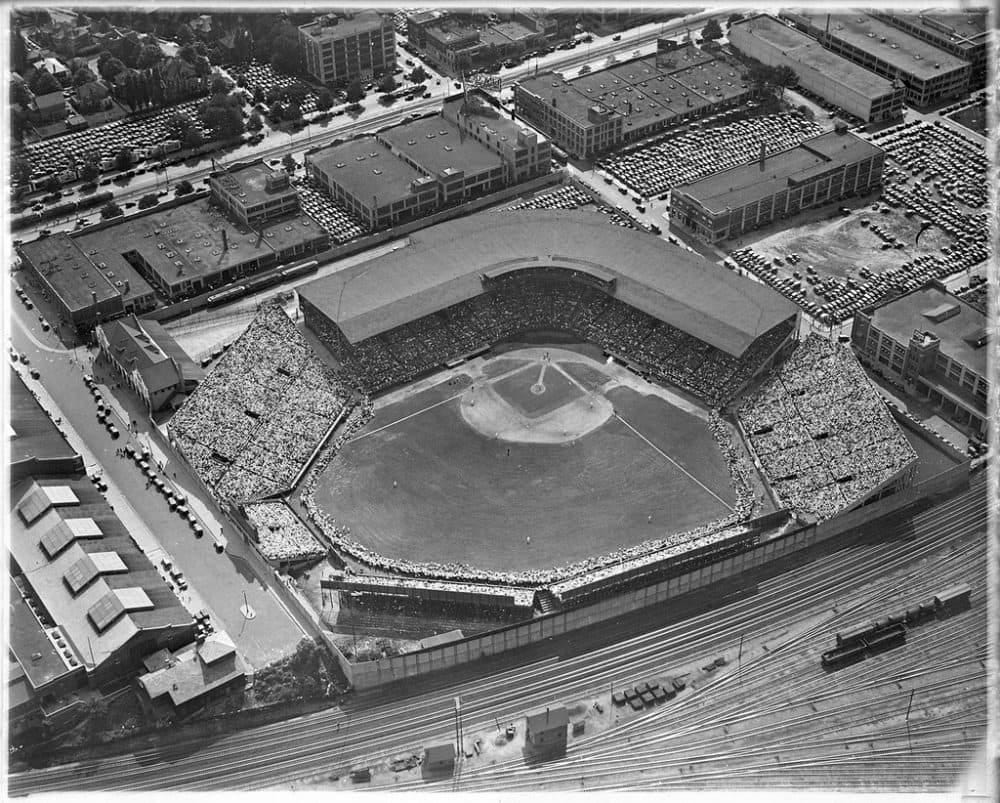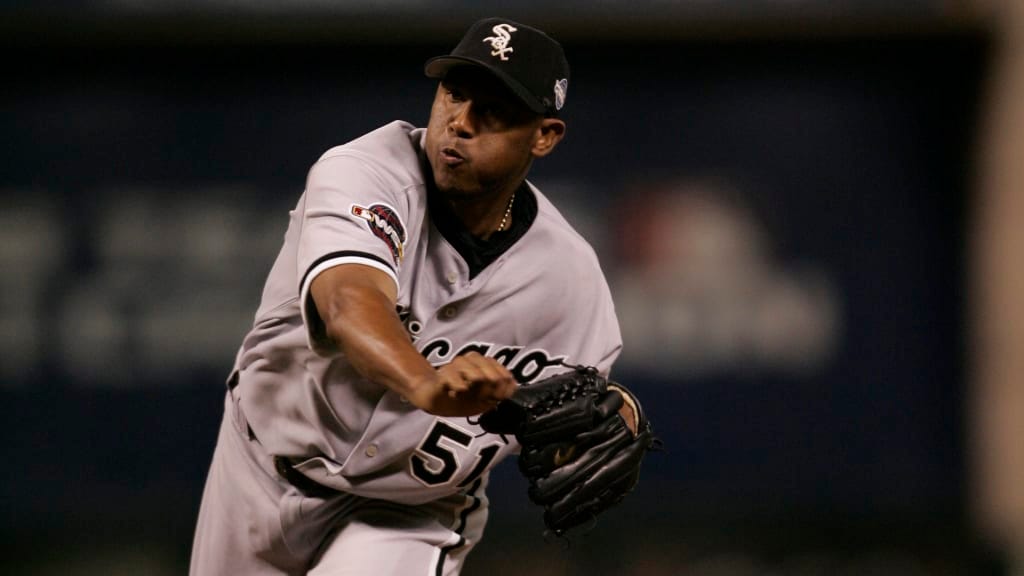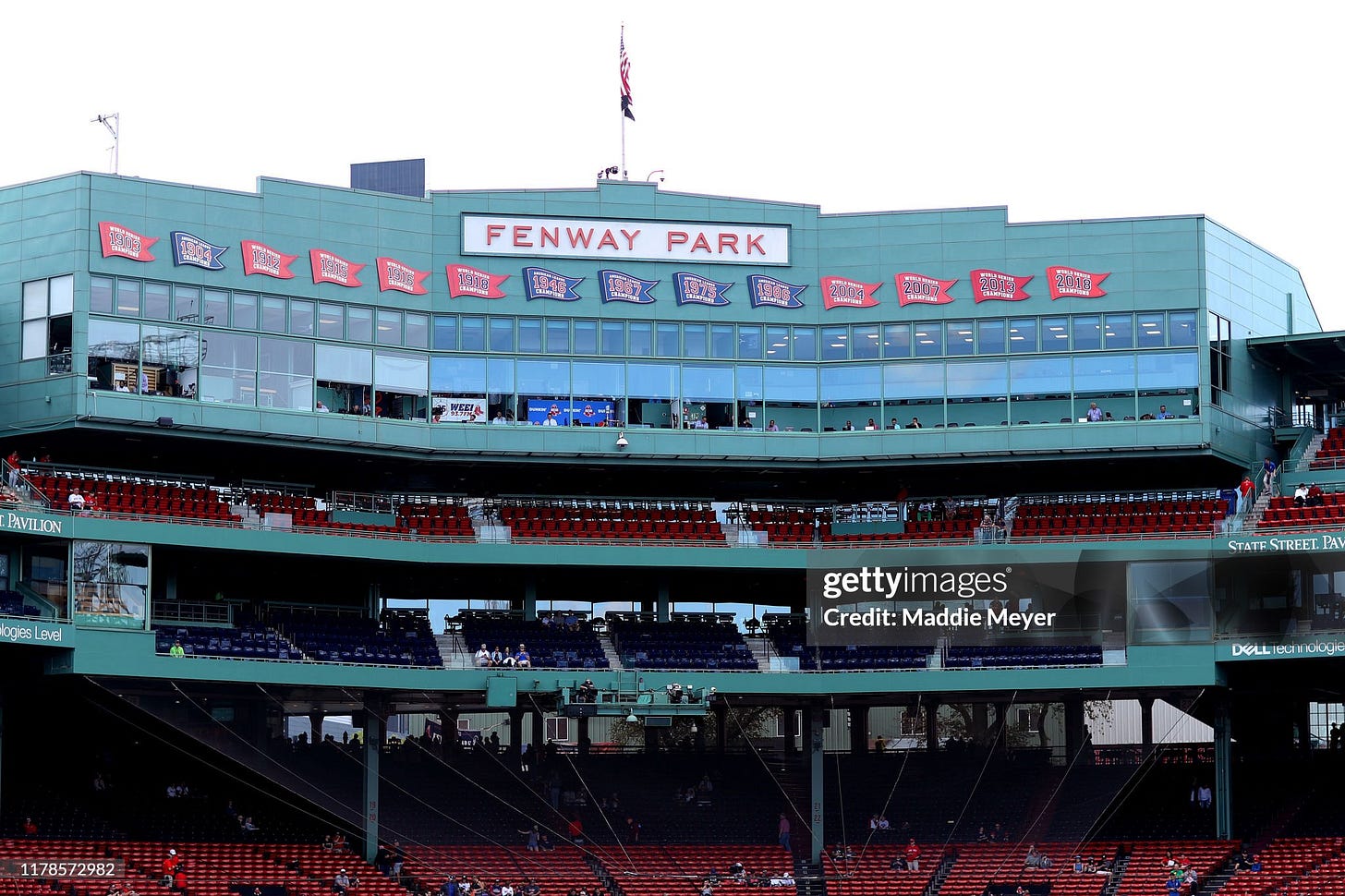Interview #42: Researching Baseball
Bob LeMoine and profiling baseball players going back to the 1800s
Bob LeMoine is a librarian, adjunct professor, and, since 2013, a member of the Society for American Baseball Research, or SABR. SABR, founded in 1971 and headquartered here in Arizona, actually, is a membership organization (over 7,000 members as of 2024) dedicated to fostering the research and dissemination of the history and record of baseball, primarily through the use of statistics. Some of the work they do are in player biographies, game stories and contributions to books about different eras and teams of baseball.
Since finishing his first bio of former Red Sox broadcaster Ned Martin, he has now completed over 50 biographies, 45 game stories, and in 2023 published his first book: When the Babe Went Back to Boston - Babe Ruth, Judge Fuchs and the Hapless Braves of 1935, which you can check out here: McFarland Books. And you can check out my favorite bio he’s written here: Ray and Joan Kroc
But today, Bob takes a break from interviewing and researching baseball players of yesterday and gets to be on the other side of the interview. I found his work when I was Googling some former players to try to contact and found Mike MacFarlane, who was a catcher in the 1990’s, mainly for the Royals. His SABR bio was incredibly detailed and out of curiosity, I clicked on the author’s name. That’s where I came across all the work Bob has done for SABR and had to reach out to hear his story. You can find all of his work on his website: bob-lemoine.com/. We talked about how to do quality research, how the game evolved over many eras and of course the Red Sox. Also this was the first interview I had to remember how to spell Yastrzemski….
So I came across your profile while I was looking up Mike MacFarlane (former Royals, Red Sox and A’s catcher from 1987-1999). I found the SABR bio that you had done. And then I was like, well let’s click on Bob’s name and the list of articles was voluminous, so I reached out.
Yeah. MacFarlane was a good interview, too, cause he actually called me back. He said he enjoyed the bio so much. Very nice, you don't usually get that.
Some of the guys you profiled aren't exactly around to call.
Well, yeah, it's easier to do those in the 19th century.
Was that one of your favorite modern players to do?
MacFarlane, yes. And Pokey Reese was another one that I found interesting with the Boston book that we did on 2004 breaking the curse. There's a guy that grew up in poverty in the 1980s, didn't even have running water in South Carolina, he would go down to his grandparents house to get water, but had this amazing talent for fielding and to go from that point to Gold Glove, that's quite interesting. And he called me back too. Quite a story. He overcame a lot of tragedies in his life.
How did you get started doing these? You did one and now you've done over 50?
Something like that, yeah.
And then 45 game stories.
Yes.
And numerous other contributions.
Yeah, yeah. I came out with my own book a year ago on Babe Ruth’s last year. I joined SABR in 2013. I started to get familiar with SABR and the bio project by reading bios, just like what you're talking about. The website was much different back then, much more primitive, but I was like, “Wow,” cause I'm librarian by trade, so I've always enjoyed the research aspect of things and digging in and finding things and finding stories and finding information. And of course, I've been a baseball person most of my life.
So it just seemed just seemed a good fit of, hey, I can get into this and start working on some projects. So I joined and made a couple of questions of a couple of people, asked, “What do you suggest?” “Well, do somebody you want to do.” And so I’ve always wanted to know more about Ned Martin, who was the Red Sox television announcer. (below: Ned Martin with Jerry Remy in 1988)
In my old days, growing up in Maine, on a black and white TV with rabbit ears that might pick up three channels, the Red Sox would come on and you know, a Sunday afternoon game, and there would be Ned Martin and TV38 doing the Red Sox. I always liked his catch phrases of “Oh, mercy,” and things like that. And so I always wanted to know more of the story of him, and actually was able to contact his family and had a phone conversation with his wife. It got me motivated, like, wow, there's a lot of stories out there on a lot of people. So I just kind of kept going for there. Most of most of the bios have been for book projects and things like that.
What got you into baseball?
It was right around 10 years old that I got interested in starting to play the game. I never was any good. Little League on up, I wasn't much of anything of a player. But I tell you about writing the bio of Ned Martin, when we would be playing out on the field or even throwing the ball up against the wall, I could hear him in my head, how would he be calling this play by play, what would he say about this, you know? So originally, when I was a kid, I had a dream that I wanted to be the Red Sox announcer someday. That's what I wanted to do.
So why is baseball so captivating to you?
I think it has to do so much with early American history because it's been around for such a long time. You can watch the development of America with what was going on in baseball. You go back to even pre-Civil War days and looking at where did the game originate and the amateur era in the 1850’s and you're even going back into the late 1700’s. That's another thing I find with SABR. We have a whole 18th century committee and everybody's focus is on that and we got people that are looking at the origins of the game and people are back into the 1700’s finding threads of where did the game come from and how did it evolve. You can't really do that with any other sport.
Have you always been into baseball history?
Yes. When I was a kid, I remember my uncle getting me one of those big coffee table, ultimate baseball book things, big pictures of all kinds of black and white photos. And I remember just devouring that thing, going through over and over, reading some of the stories. So I was always connected. And then what was really my first year following baseball was, I was 10 years old in 1983, and that was Carl Yastrzemski’s last year in Boston. He had been there since ‘61, so he had been there forever, and I had no context to that history, I hadn't seen any of that. But everything was about looking back and looking back and looking back, and I got so interested in, well, what's been going on all these years? What's been happening in Boston baseball? So I got this nostalgic flair into me right in the beginning as a kid, like, well, I want to know more about history. I've always really been interested in history since that point, I just never put it all together until 2013 where now I can write about this stuff and do some research and then eventually write my own book. I could never have imagined that even 15 years ago.
You grew up in Maine. What was it like being a baseball fan when you had, what, like 5 good months a year to be outdoors?
That's pretty true. Yep.
Were you reading old books and getting into the history then, if you weren't able to go play outside?
I would read some baseball history stuff. I would always devour the sports section of the paper, magazines and things like that.
Being in Boston, there is a lot of baseball history there. There's not a shortage of stories.
I belong to the Boston Braves Historical Association. We have a guy that sends out a newsletter quarterly with all kinds of information about Braves history in the Boston years. It's always very interesting to keep up with that, all the things you never knew about Braves Field and even going back further into the 19th century. There is a lot for sure.
So you've written about players and covered stuff from every era of baseball. How has baseball changed and how has it been the same over these eras as you've researched them?
When you're dealing with 19th century players, when you look up the census of when these players were born and you find coal mines and metal factories, you realize what a rough and tumble life things were back then, and baseball was such an escape from the coal mines. But guys would still have to have jobs in the off season because you did not make enough money in this game.
You get to modern day players where there's just no way that you can imagine how much money they have and how easy living, at least it seems from our perspective, of being able to achieve all of that and be so much removed from what we can associate with. Whereas back in the 19th century, you'd walk to the stadium and there's so-and-so walking into the park, most famous player on the team, and there they were, just the same as everybody else, more or less. You can see that kind of evolve into this sense of professionalism and more stability.
Then you see the press really evolve from just capturing little box scores and little write ups to features and gossip and stories of what's going on. And then you get into the boom of things in the Ruth years and on up where now baseball is big business.
When I was reading these, they're so detailed. Some of them have 80-plus references and citations. For me, even starting to try to do any sort of research on anything, I get stuck at the surface level. How do you get into finding these details?
Yes, as far as the research aspect of it, a good way to get into writing and researching is to do one of those game projects, because the word limit is 1500 words; much less work to do, and everybody has a favorite game somewhere back in the past that you remember and wanna look up. I probably go far beyond the footnotes that most people need to do, that's the librarian nerdiness in me. I would say a lot of people don't do that. There's different ways to do it where you don't need to have as many footnotes. I always find if I don't put those in, I'm going to forget where I found something and then I'm going to be looking through files over and over. You can get a file of just about any player from the Baseball Hall of Fame, and they'll send you a PDF and it will have some, if you're not familiar at all with the player, some good starting points. In some cases, they have questionnaires that players have filled out so you can immediately find out who their parents were and how they got their start and things like that.
An obituary is usually the best place to start because it's summarizing everything and can send you in other places. When you've got a ballplayer that has a long career, there's so much information there, it's like where do you start? How do you summarize Willie Mays? I usually avoid any star players because it is so much information. I would rather find the lesser known people and pull a story out. A lot of us use newspapers.com, genealogybank.com, some of these newspaper databases that have a lot of good stuff out there. So if it's a Chicago player, the Tribune will have just about everything you need for finding interesting things, interviews that have been done, and stuff like that. There is a lot of information. We limit those, or at least we try to, to 4,000 words. So it's not endless, although there are some players that you have to make the exception.
The joy for me is finding things that you can't Google. You can't find this stuff with Googling. One of the players that I'm working on right now is a 19th century player who actually ended up in an insane asylum and that's where he spent his last years. You can't find that anywhere, it's in the newspapers of the time. And so there's something that you're now bringing to light, and it's probably gonna wind up on their Wikipedia page. You'll find all these other sources using your stuff. I think that's one of the biggest fulfillments, is when you see other people that are citing you and using your stuff because you did the work to find it.
How much of your time does this take?
Too much. Too much. Too much. It can become like any hobby. It takes on a life of its own. You lose track of time when you start digging into this stuff.
How do you decide who you want to research next?
That's done usually in a couple of ways. Usually when we have a book project, like for instance, I just contributed Luis Vizcaino for the ‘05 White Sox World Champion team. The people that were editing the book sent out emails to SABR people, here's the list of people that we have, pick somebody that you're interested in and you want to do. So I just took somebody at random, let's see what their story is.
So that's one way of doing it. The other way is you can look up through SABR just about every player, manager, umpire, broadcaster, and they probably already have a SABR page that is blank, but it's already there. So you can look up and say OK, has somebody already requested this, and if it isn't then you can just send an e-mail to the SABR people, say I would really like to work on this and they sign you up.
Right now I’m picking around at Boston in the 1880s, looking at some stuff and looking at some of these people that have long been forgotten. I talked to Bill Nowlin and he did something where he wanted to do every Red Sox player from the 20th century on up, 1901 up. He's done I don't know how many of them, I think he's up into the 70’s or 80’s now, so everybody's covered. It's not all him, but he did a huge majority of them. And so that's kind of his thing. Everybody can kind of have their own thing.
And then you have different SABR committees. I wrote an article on the Boston Braves team ownership when the Braves were in Boston. And so just going through who are the owners, who are these people, what happened during those years with the stadiums and attendance and so forth. And so you can an ownership, what's the history of this franchise, you know, so there's a lot of a lot of possibilities out there.
Do people come to you when they're trying to research certain things and your name pops up?
Yeah, since I wrote the book on Babe Ruth, I have gotten people that have contacted me because they remember this, or have questions about this and all that. I'll get questions from people every now and then about, have you run into this before, do you have this resource, things like that. SABR is very much a collaborative community. I can look up just about anybody in the SABR directory that's written a book on something with Boston and say, hey, can you tell me anything about this, or where did you get this from, and it's very helpful community.
Since you got involved with SABR and have gone to their conventions, have you met a lot of like-minded people that help out?
Yes. I've met several different authors and I've made connections with a lot of the sabermetric people that are really into the analytics; stuff that’s really beyond me. I'm fascinated by it. I love learning about it, but I'm not a numbers person, but I love listening to people talk about it and comparing different stats and using different methods of evaluating players. I find that pretty fascinating.
What's the hardest part with these projects? Is it the research or is it making sure things are accurate? Filling out an article for somebody you might not have much information on?
For me, the most difficult part is to try and contact living players. I have no good secrets on how to do that, and I don't know how some guys do it. I've rarely had success. I mentioned Pokey Reese and McFarland because those worked, and it's very rare to do that. And of course, if I was a player, I would be skeptical, too. I don't know who this is, you know, looking for information about my family.
I try to present an authority, like I'm doing this research and putting together an article. Modern players, because you don't have the census, you don't have obituaries, it's actually harder to find stuff about their early life and early career unless there's been a sit down article where they're talking about their background or somebody does a feature. Like Luis Vizcaino, I could not find much information on his family at all. And how do I contact him? I could not find any connections.
It's almost you gotta know somebody who knows somebody is pretty much what happens with that. A lot of times with SABR, we've got people that are closely connected with a team or a certain player and that will lead to other connections. But it's hard to come up with that at times, at least from my perspective, and I feel awkward calling phone numbers saying, “are you the Joe Smith that pitched for blank?”
Even some prominent modern guys are still blanks.
The goal of the bio project is to write a biography of everybody: player, umpire, manager, executive, owners, and all that. I forget the number of how many thousands that is. We have over 5,000 completed, but there's but there is a lot more out there, and we wait until five years after they're retired.
When you're writing a biography, are there things you need to have and then things that you throw out? Or is each story on its own?
If you look at our bios, they're pretty standard in that we at least try to talk about their parents, their siblings, what their parents did for work, what was their early life, and stuff like that. So we always try to hit on those things and people that have access to ancestry.com probably have a better advantage than what you'll find otherwise. If you look at some of those different bios, they do go in different directions depending on the subject.
Have you done anything with other sports?
No, I haven't. I haven't done anything like that at all. My knowledge base of things is pretty limited. At the high school, I do teach a sports and society class every year. So I try to get more into understanding the history of the sports, of how football became what it is, and how basketball became what it is. It's and it's interesting when you start getting into salary caps and reserve clauses and things like that and you compare it to how you have somebody like LeBron today that is a billionaire versus back in the old days where they couldn't even have a say in what salary they got. But as far as players, if you gave, you know the Immaculate Grid, I couldn't do that for football or basketball.
Do you have any goals in the next couple of years with your SABR work?
Yeah, I'm not really sure right now what I want to do with some of this 19th century stuff, whether I wanna put together another book or if I'm just gonna do some articles and different things. It took me about eight years to write my book. So I'm not anxious to jump back into that. It should have taken much shorter, but that's what everybody says. Right now, I'm just kind of working on little projects here and there.
It was interesting to hear about how Bob got into baseball research and even more interesting to hear about how he does it. He’s profiled players from the modern era, which has its own challenges like having trouble getting in touch with former players and the lack of biographical information on many of them, as far as enough to put a publishable article about. And then he’s written about players that took the diamond before the Wright Brothers took flight. So then you’ve got to dig through census data and newspaper clippings for any bit of information you can find about someone who died 100 years ago.
If I were going to do a game story, like what he suggested as a good way to get started in researching and writing, I wonder which one I’d pick. Game 163 between the Padres and Rockies has been covered. Neither of Tim Lincecum’s no-hitters have been done though. Hmm. Or I’d pick a game from the baseball trip in 2006, maybe the Rays-Red Sox on July 5th where Carl Crawford stole home.
Are you a current-era baseball fan?
Ohh yes. I rarely miss a Red Sox game. I'm usually always following it, and with the MLB package, it doesn't matter what teams are playing, I'll flip it on just to hear what they're talking about.
I like some of the changes that have been made. I'm not a hardline, old-school, the pitch clock is ruining the game guy. When you research this stuff, you realize the game has always changed. 1893, they moved the mound back to 60 feet 6 inches from 45 feet.
What is your all-time favorite baseball memory?
I think that really has to be when the Red Sox finally won it in ’04. I don't think anything's ever gonna top that. That's pretty much the highlight of anything. Just when you think back to that time of how you never expected that to happen and it actually did. I don't think there's gonna be anything topping that.
And that was right after ‘03 when they lost in game 7.
Ohh yeah, exactly. A whole winter of ‘03.
Was that or ‘86 worse? ‘86 had to be the worst one?
I guess ‘86 was definitely worse. The whole Buckner thing, and McNamara pulling Clemens out, and one strike away. Whereas in ’03, we're now in the age of more playoffs and more possibilities with the Wild Card, so ‘86 was more, you had to win the division, you had to win the pennant. You couldn't be like the Diamondbacks and all of a sudden come out of nowhere and get all the way to the whole thing. So ‘86 was probably more difficult to swallow than ‘03, but that's tough to judge that.
Well, luckily, you've had four since then to celebrate.
Yeah, yeah, yeah. That's crazy to think about, really. That's crazy.

